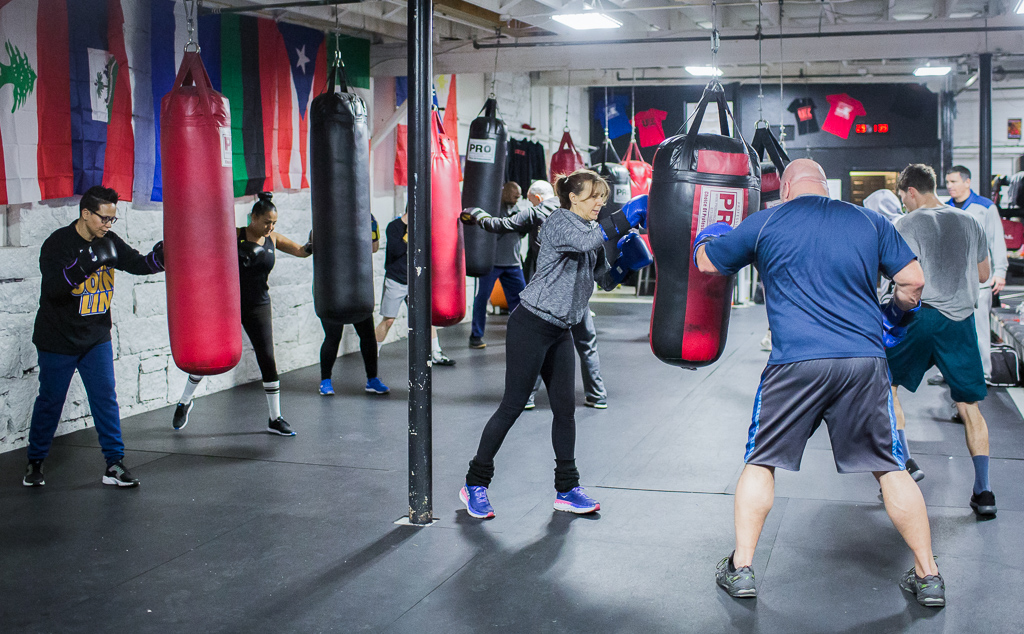Boxing is often viewed through a narrow lens: a competitive sport where athletes throw punches in a ring, battling for glory. But beyond the gloves and the ropes, boxing centers are evolving into multifaceted hubs of personal development, fitness, and community engagement Togelin. While these centers still attract aspiring boxers and seasoned professionals, their broader role in promoting physical and mental well-being has become a noteworthy aspect of modern fitness culture. Here’s why boxing centers are quickly becoming an essential part of many people’s lives, far beyond the world of combat sports.
1. Mental Resilience and Stress Relief
One of the most underappreciated aspects of boxing is its ability to cultivate mental toughness. In a world where mental health issues are on the rise, boxing centers are offering a safe outlet for stress and anxiety. The focus required in training—whether it’s learning new techniques, improving form, or pushing through physical fatigue—diverts the mind from everyday worries. The rhythmic motions of punching bags, combined with intense cardio workouts, release endorphins that improve mood and reduce feelings of stress. Boxing provides a productive way to deal with frustration, giving individuals a sense of control over their emotions.
2. Empowerment Through Fitness
Boxing isn’t just about defending yourself in a physical altercation; it’s about gaining confidence and self-assurance. Boxing centers help people of all ages and fitness levels embrace strength, both physical and mental. Through rigorous training, participants learn the importance of discipline, patience, and perseverance. They see improvement in their fitness levels, not just in endurance but also in agility, strength, and coordination. These advancements often lead to a sense of empowerment, as participants realize they can push their own limits and achieve their personal goals.
Moreover, the physical transformation that boxing offers is remarkable. From weight loss to muscle toning, boxing workouts are among the most efficient ways to improve overall fitness. The diverse nature of boxing drills—incorporating footwork, heavy bag work, sparring, and conditioning exercises—ensures that no two sessions are ever the same, keeping participants engaged and motivated. This dynamic approach makes boxing an exciting alternative to conventional gym routines.
3. Community Building and Support
A unique aspect of boxing centers is the sense of community they create. While the sport is often seen as individualistic, many boxing gyms foster a tight-knit environment where members support each other. Whether through sparring partners or group training sessions, participants build relationships that go beyond the workout. This camaraderie can create a sense of belonging, especially in larger, more urban environments where people may feel disconnected from their communities.
Boxing centers often host events, tournaments, or social gatherings that help reinforce this community spirit. These events encourage participants to share their experiences, celebrate achievements, and motivate one another. In some boxing gyms, this sense of community extends to local outreach, offering programs for underprivileged youth or hosting fitness classes for seniors, fostering a culture of inclusivity.
4. A Pathway to Personal Development
Boxing can be more than just a form of exercise; it can be a tool for personal development. Many boxing centers offer mentorship programs or coaching that goes beyond technical skills. Boxing coaches often act as guides, helping individuals not only develop their athletic abilities but also grow as people. These coaches emphasize qualities like discipline, goal-setting, resilience, and respect—traits that are transferable to many aspects of life.
For example, young people involved in boxing training often learn how to set goals, manage their time effectively, and deal with setbacks in a healthy manner. These life skills can have far-reaching effects on their education, career, and personal relationships.
